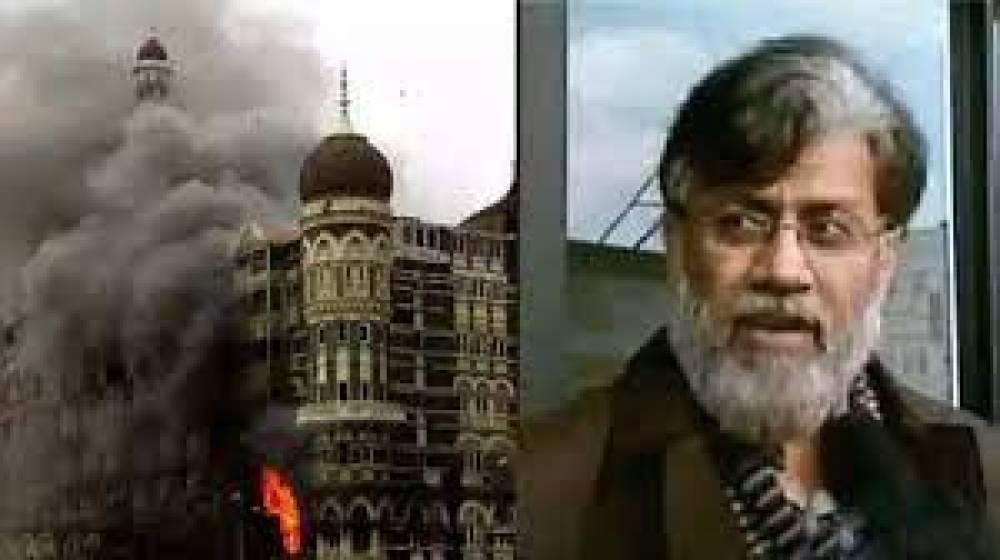
New Delhi/Washington – In a major breakthrough for India, the path has been cleared for the extradition of Tahawwur Hussain Rana, one of the key accused in the 26/11 Mumbai terror attacks. The U.S. Supreme Court has rejected Rana’s plea to block his extradition to India, paving the way for him to be brought to Indian soil to face trial.
Rana, a Pakistani-origin Canadian national, is accused of playing a significant role in the planning of the 2008 Mumbai attacks, which claimed the lives of 166 people and injured hundreds more. Investigative agencies allege that he conspired with Lashkar-e-Taiba and David Coleman Headley in orchestrating the deadly assault on India’s financial capital.
India had formally requested his extradition years ago, and U.S. district and appellate courts had already ruled in favor of handing him over. With the Supreme Court now dismissing his final appeal, there are no remaining legal hurdles to stop his transfer to Indian custody.
According to official sources, Indian authorities are expected to initiate the final diplomatic and logistical steps to bring Rana back to the country. Once in India, he will face charges under anti-terror laws, including conspiracy to commit terrorism and aiding terrorist organizations.
The decision has been hailed as a significant step toward justice for the victims and families affected by the 26/11 attacks. It also marks a strong example of international cooperation in the global fight against terrorism.